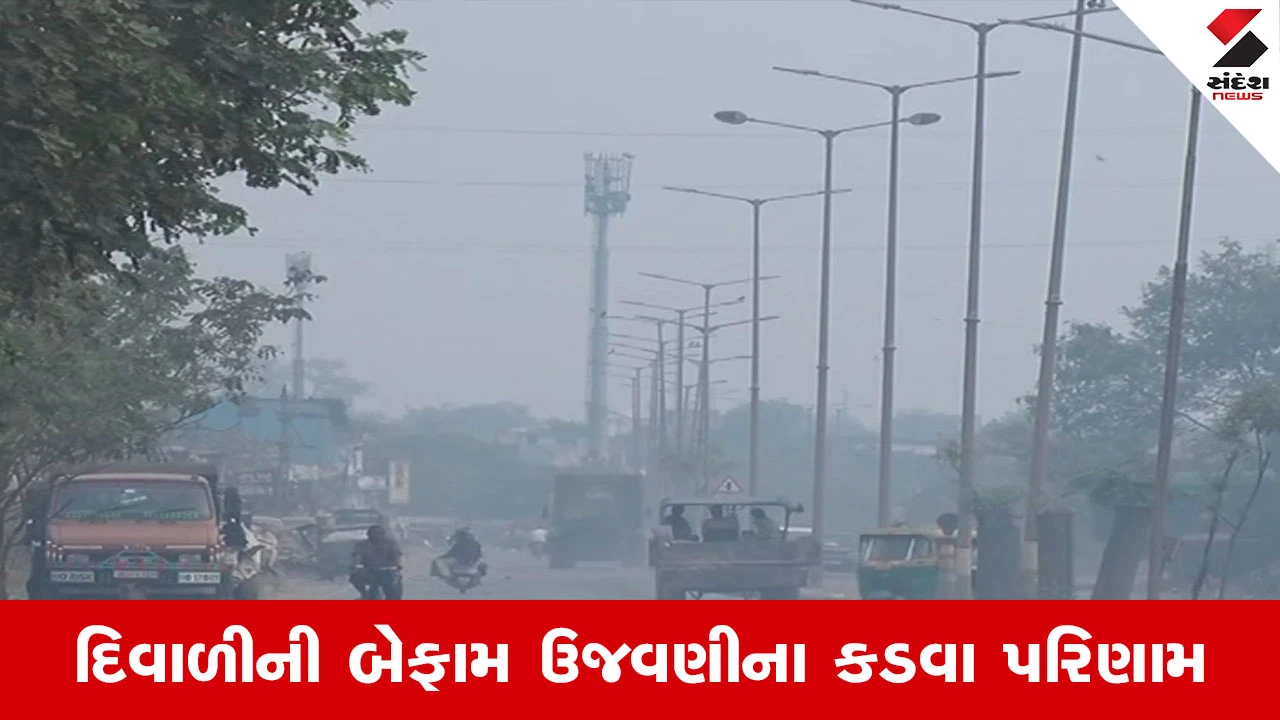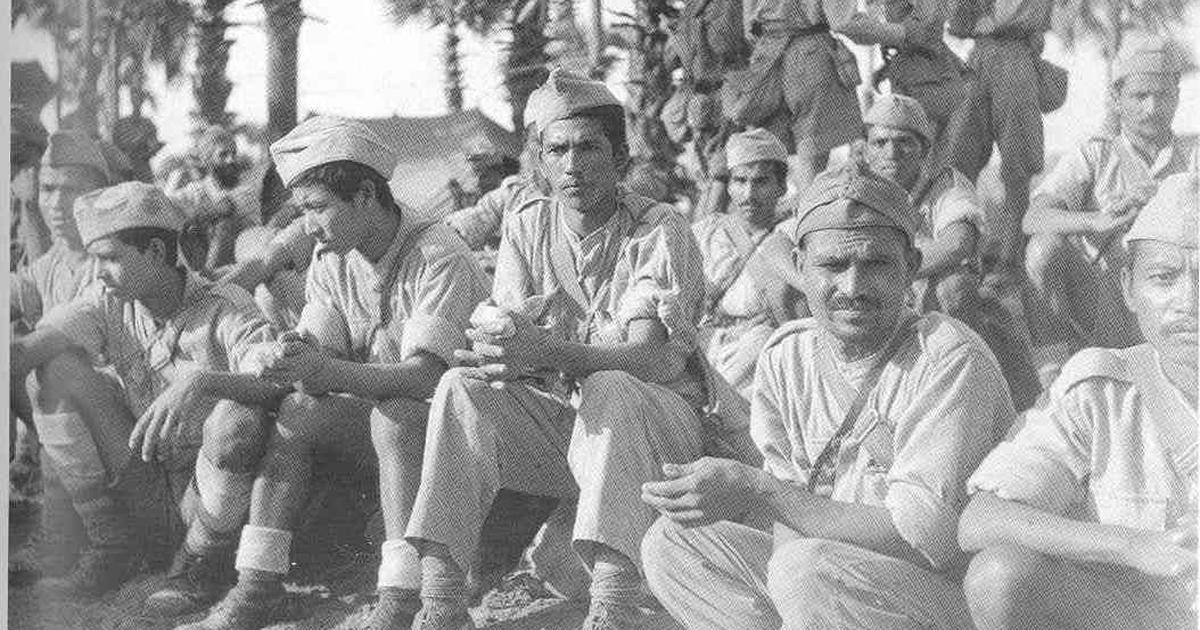Tragic idiom: Reading Banu Mushtaq in Kannada for the context and themes of her ‘rebellion’ stories

Join our WhatsApp Community to receive travel deals, free stays, and special offers!
- Join Now -
Join our WhatsApp Community to receive travel deals, free stays, and special offers!
- Join Now -

Banu Mushtaq’s International Booker Prize-winning short story collection Heart Lamp is littered with a gamut of affecting objects and people: callous husbands, self-serving mutawallis, loving children, and women of all stripes. These women are, by turns, sexy, demanding, obstruse, and suffering. Kate McLoughlin notes in the Times Literary Supplement: “here are wicked in-laws, bedazzled officials, revered mother figures,” and no doubt Mushtaq’s is a literary space where “feuds fester until families are left rancid” and where “the gossip is radioactive.”
Amidst all this action, however, it was a mango tree in the story “High-Heeled Shoe” that really stood out to me as exemplary of what Mushtaq’s stories capture: the quiet brutality of the everyday life of its characters, particularly Muslim women across different class contexts in Karnataka. In the story, Nayaz Khan’s ancestral home has a large mango tree in front. It has formed a cornerpiece of his childhood memories with his brother. Over the years, he has gained from the solicitude enabled by it: “he would give baskets upon baskets of the fruit to his colleagues”. He has also made money by selling the fruit, but he is now increasingly irritated by the fact that it occupies monetizable real estate. Its felling triggers copious tears from...
Read more
What's Your Reaction?
 Like
0
Like
0
 Dislike
0
Dislike
0
 Love
0
Love
0
 Funny
0
Funny
0
 Angry
0
Angry
0
 Sad
0
Sad
0
 Wow
0
Wow
0























































